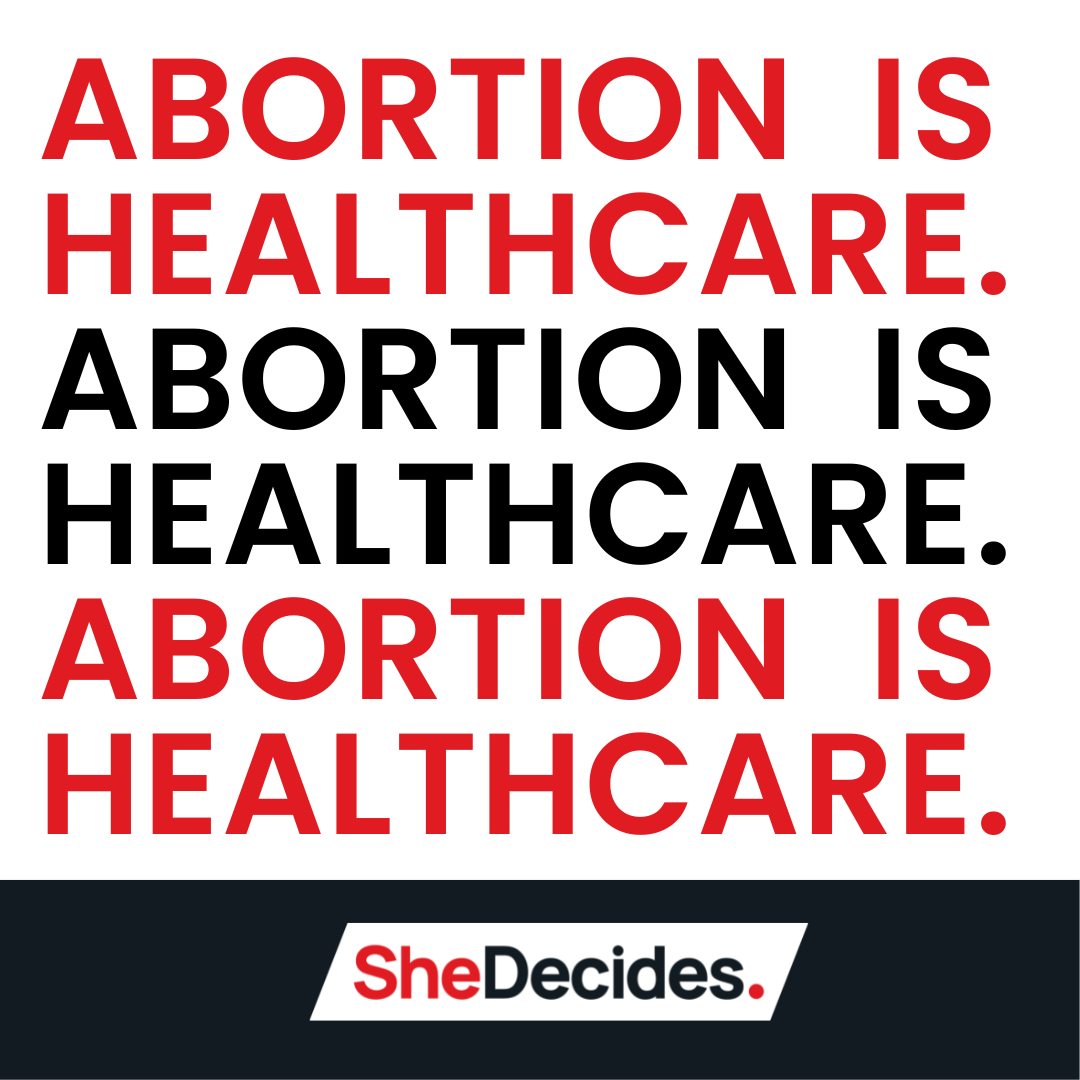Government leaders, it’s time: speak out for the right to decide
13th September 2022
By Lindiwe Zulu, Minister for Social Development, South Africa and Meryame Kitir, Minister for Development Cooperation and Major Cities Policy, Belgium.
The shocking, unprecedented leak, which suggested that the US Supreme Court will overturn the landmark ruling known as Roe vs. Wade, could mean the end to the legal right to abortion in the US. The final ruling is awaited. But already this has emboldened anti-rights groups in the US and beyond its borders. This restriction on access to reproductive rights and services also signals a rollback that could have a domino effect on gender equality, bodily autonomy and ensuring human rights for all. It will hit people already marginalized and vulnerable the hardest, particularly in low and middle-income countries, and have global ramifications for a world facing serious challenges.
This is not what people need, now that the effects of the pandemic, armed conflict and humanitarian crises, and a looming climate catastrophe are leading to socioeconomic shocks, increasingly overburdened health systems, including unequal access to vaccines, as well as increased sexual and gender-based violence.

It is not what we ever need. Instead, our collective action for sustainable development in the face of these challenges must be based firmly on the right to equity, human rights, health and well-being for all.Anti-gender and anti-rights organizations are actively seeking out strategic opportunities to counter this rights-based approach. They derail progress or block access to essential sexual and reproductive health care rights and services. They spread mis- and disinformation and exacerbate stigma. They draft legislation which is denying people essential healthcare and restricting abortion access, removing comprehensive sexuality education from school curricula and targeting minority groups. They seek to undermine hard-won progress made on the right to decide—on if, when and with who to have sex, have children or not, to love or marry or not, as well as the freedom to speak up on these rights.
To this we say: how will this ever improve people’s lives? These attacks have real consequences: they are putting lives at risk. In Poland, these groups support the drafting of legislation that bans abortion, leading to tragic consequences. Their support for a political crackdown in Hungary has ended the legal recognition of transgender people and banned gay couples from adopting children. In Uganda, US-linked ‘pregnancy crisis centres’ are opposing contraception and undermining government policy to promote contraception.
As two SheDecides Champions, Belgium and South Africa stand strongly together to counter backlash and targeted efforts to deny people their right to make their own reproductive choices.As a global community we made a commitment to achieving the Sustainable Development Goals. That is why we are joining forces with Champions across the world to ensure we are fulfilling these commitments to end poverty and achieve sustainable development for all by 2030. Sexual and reproductive health and rights are the bedrock for this; without them we cannot achieve gender equality, health for all, quality education, and democratic, peaceful and inclusive societies. Now is the time to step up, not fall back.
In Belgium and in South Africa, we are committed to ensuring that sexual and reproductive health and rights and bodily autonomy are upheld. In South Africa, we do this through policy including the Choice on Termination of Pregnancy Act (1996) and the Children’s Act which allows anyone over 12 years old the right to contraception without parental consent. In Belgium, we ensure free access to contraception until the age of 25 and have implemented one-stop centres for services to support gender-based violence survivors. We are raising our voices to remove all barriers and ensure that the full range of sexual and reproductive health and rights are enshrined at every stage of life. This is particularly important for adolescents and young people, setting the foundation for equal opportunity and empowerment. We can achieve this by providing access to information, education and services, HIV prevention and treatment free from discrimination, prevention of unwanted and unplanned pregnancies, including through access to contraception, safe abortion services free from harassment and quality comprehensive sexuality education free from stigma.
We are stronger together. As we see setbacks on rights, we also see hope in how people are stepping forward to defend these human rights and push for positive legislative change. We must continue to move forward building upon the tides of change – taking moments to celebrate wins as we have also seen in Latin America and other regions and using progress to fuel our movement at times when we face concerted push-back.
We call on our peers in government across the world to join us, to take action, to stand together with youth, women and human rights defenders and speak out for the right to decide.

